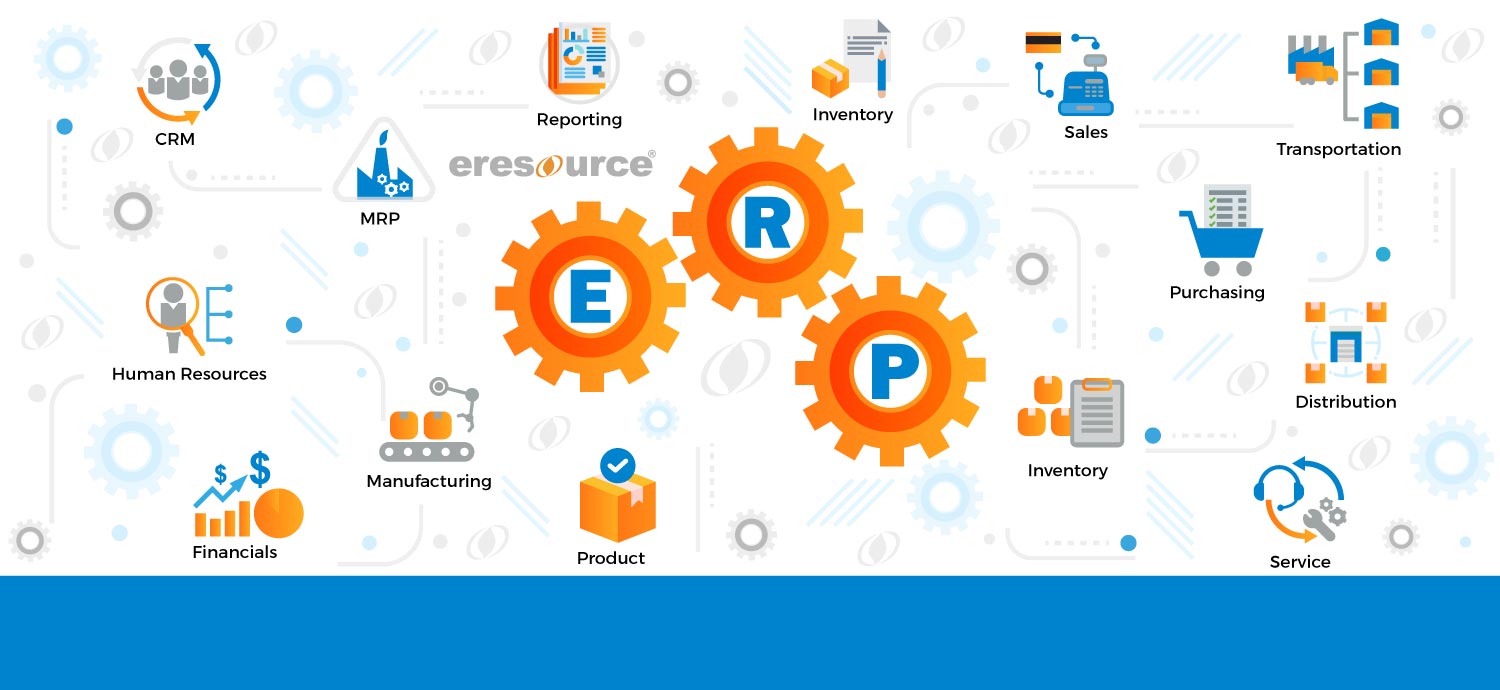Implementing an Enterprise Resource Planning (ERP) software in a construction company can revolutionize its operations and drive efficiency across all aspects of the business. ERP systems streamline processes, enhance project management capabilities, improve financial reporting, and provide real-time insights. However, the implementation process can be complex and daunting.
In this ultimate guide, we will walk you through the key steps to successfully implement ERP software in your construction company.
Define Objectives and Requirements:
Before embarking on an ERP implementation, it is crucial to define your objectives and requirements. Identify the specific goals you aim to achieve, such as optimizing project management, streamlining procurement processes, or integrating financial data. Conduct a thorough analysis of your current business processes, pain points, and future requirements. This will enable you to define the features and functionalities you need from an ERP system and guide your selection process.
Read More – Construction ERP software in India
Research and Select the Right ERP Solution:
Research various ERP software vendors that specialize in the construction industry. Look for solutions that offer industry-specific features, scalability, ease of use, integration capabilities, and ongoing support. Evaluate the reputation and track record of vendors, and request demos to assess how well their solutions align with your requirements. Additionally, seek feedback from other construction companies that have implemented ERP systems to gain valuable insights.
Form an Implementation Team:
Establishing a dedicated implementation team is crucial for a successful ERP implementation. This team should include representatives from different departments, including project management, finance, operations, and IT. Appoint a project manager who will oversee the implementation process, ensure effective coordination among team members and stakeholders, and act as a liaison with the ERP vendor.
Plan the Implementation:
Develop a detailed implementation plan that outlines the project scope, timeline, resource allocation, and key milestones. Break down the implementation process into manageable phases to ensure a structured approach. Identify potential risks or challenges that may arise during the implementation process and create contingency plans to address them. A well-defined plan will serve as a roadmap and provide clarity and direction throughout the implementation journey.
Also Read – Manufacturing ERP in Dubai
Data Migration and Cleanup:
Assess the quality and integrity of your existing data and perform necessary data cleanup activities to ensure accurate migration. Identify relevant data sets, including customer records, project data, financial information, and employee details. Develop a data migration strategy that includes data mapping, cleansing, and testing to ensure a smooth transition from legacy systems to the new ERP system.
Configure and Customize the ERP System:
Work closely with the ERP vendor to configure the system based on your specific business processes and requirements. Tailor the system to align with your construction company’s terminology, workflows, and reporting needs. Customize the system to accommodate industry-specific functionalities such as job costing, change order management, and subcontractor management. Conduct thorough testing to ensure that the system meets your expectations and supports your business processes effectively.
Training and Change Management:
Effective training is essential to ensure successful user adoption of the new ERP system. Develop comprehensive training materials and conduct workshops to familiarize employees with the system’s functionalities. Provide hands-on practice sessions to reinforce learning. It is equally important to implement change management strategies to address any resistance or concerns among employees. Communicate the benefits of the ERP system, involve key stakeholders, and create a culture that embraces change.
Integration and Testing:
Integrate the ERP system with other software applications used in your construction company, such as project management tools, CRM systems, and financial software. Conduct extensive testing to validate the system’s functionality, data integrity, and integration capabilities. Perform user acceptance testing (UAT) to involve end-users in the testing process and gather feedback for further improvements.
Also Read – Why is ERP software important for construction management?
Go-Live and Post-Implementation Support:
Develop a go-live plan and schedule the actual deployment of the ERP system. Monitor the system closely during the go-live phase to address any issues or glitches promptly. Provide post-implementation support and training to ensure smooth operations and address any concerns or challenges that may arise. Establish a support system with the ERP vendor to resolve any technical issues and ensure a seamless transition.
Continuous Improvement:
ERP implementation is an ongoing process that requires continuous evaluation and refinement. Establish a process for monitoring and evaluating the performance of the ERP system against the defined objectives. Regularly review system usage, user feedback, and key performance indicators (KPIs). Identify areas for improvement and optimize the system to further enhance efficiency, productivity, and the overall effectiveness of your construction company.
Also Read – Trading ERP Software
Conclusion:
Implementing ERP software in a construction company can be a transformative journey that streamlines processes, enhances collaboration, and drives growth. By following this ultimate guide, you can navigate the implementation process effectively. Remember to define your objectives, select the right ERP solution, form a dedicated implementation team, plan meticulously, migrate and cleanse data, configure and customize the system, provide comprehensive training and change management, conduct thorough testing, and ensure a smooth go-live and post-implementation support. With careful planning and execution, ERP software will empower your construction company to achieve operational excellence and thrive in a competitive market.
Mail Us at sales@eresourceinfotech.com for Live ERP Software Demo
Categories
Register for Free Demo!
Recent Post
-

eresource ERP 360 - an
11th Apr 2019 -

A competitive ERP system for
17th Apr 2019 -

Auto components manufacturing industry has
17th Apr 2019 -

Make the best use of
17th Apr 2019







